Hay Fever Remedies
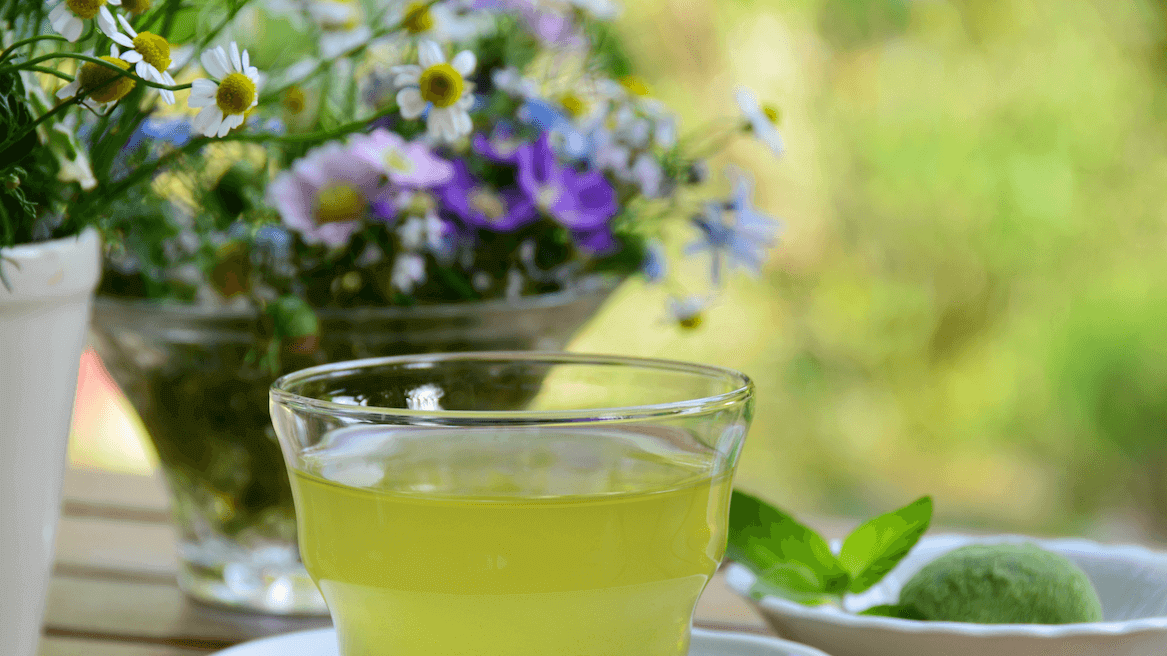
Spring is one of the most loveable seasons of the year, as it marks the end of winter and a transition to summer. The days begin to last longer and the nights shorter. The extra daylight hours and exposure to the sun can be a major mood booster.
Unfortunately, spring can also be problematic for many of us. As flowers bloom and dormant trees bounce back to life, they start releasing pollen into the air.
What is Hay Fever?
Hay fever is an allergic reaction to pollen typically from grasses, trees, and flowers. Hay fever can be experienced at different times of the year depending on which pollen your susceptibility lies in. For instance, most people have an allergy to tree pollen which is in early spring. Grass pollen is in late spring and summer and ragweed pollen in autumn.
What triggers hay fever?
For those who are susceptible to hay fever, (also known as allergic rhinitis), pollen stimulates the body’s production of histamine, which is a protein compound responsible for inflammation. Histamine irritates mucus-secreting glands and the result shows all symptoms of hay fever.
What are the symptoms of hay fever?
- Itching skin
- Runny nose
- Sneezing
- Copious nasal catarrh
- Sinus congestion and blocked nose
- Watery, irritated eyes
Researches show that people who suffer from eczema or asthma are especially prone to hay fever.
What is the best natural remedy for hay fever?
Natural herbal remedies can help with allergic symptoms, some are known to contain anti-histamine properties and if taken correctly, can be very useful in tackling hay fever symptoms and overall health. Various traditional herbal practices such as homeopathy, acupuncture, and traditional Chinese medicine, have managed to prevent hay fever completely by strengthening the body’s immune response to allergens.
What tea is good for allergies?
Some herbal and green teas play an important role in keeping hay fever symptoms at bay.
Herbal Teas For Hay Fever
Nettle (Urtica dioica)
Known for its sting, nettle has long been appreciated for its medicinal uses. Nettle has been used by herbalists to support the chest and upper respiratory complaints and is often the first line of defense for seasonal allergies. It contains tannic acid, lecithin, chlorophyll, iron, silica, potassium, phosphorus, sulfur, sodium, and vitamins A and C.
Does nettle contain anti-histamines?
Scientific evidence reports that stinging nettles affect numerous receptors and enzymes involved in allergic reactions. Furthermore, they contain active compounds that have anti-histamine and anti-inflammatory properties.
Does nettle contain vitamin C?
Yes, including other nutrients which act as antioxidants inside your body.
Can I drink nettle as tea?
Nettle can be enjoyed on its own as a tea with the addition of local honey if desired or it can be taken in herbal tea blends such as Beautiful Skin Tea and Toxin Killer Tea.
Chamomile (Chamomila Matricaria)
Chamomile is a healing wonder with official medical documents from 26 countries approving chamomile to treat conditions ranging from colic to muscle spasms, tension, inflammation, and infections. Chamomile flowers have rich amounts of azulene, a volatile oil with a whole range of active principles that serve as anti-inflammatory agents, making them useful for treating anti-inflammatory conditions.
Chamomile is known to provide relief from symptoms of a cold (similar symptoms to hay fever). Studies indicate that steam inhalation of chamomile extracts can provide comfort and help with nasal congestion. Further research is still being carried out. The tea infusion can be used as a gargle for inflammation of the mucous membranes of the mouth and throat.
Does chamomile tea contain anti-histamines?
A study carried out by a group of scientists found chamomile extracts had a potent anti-allergenic response linked to the inhibition release of histamine from mast cells.
Is chamomile good for itchy eyes?
Yes, it helps reduce symptoms of red, itchy eyes by placing a used, cooled down, chamomile tea bag over your eyes.
Is drinking too much chamomile tea bad for you?
It’s best to avoid chamomile tea if you are allergic to ragweed pollen.
Mint (Mentha)
Also known as Mentha, clinical studies tell us that peppermint, also contained in our Green Mint blend, carries anti-inflammatory, anti-bacterial, and anti-viral activities having a direct effect on the respiratory tract, the coughing reflex, and the airflow to the nasal tract.
Peppermint is considered to be the strongest mint medicinally, though other mints have their health benefits as well. Drinking hot peppermint tea has been a known remedy for treating a stuffy nose and symptoms of a common cold as well as allergies for a long time.
Steam inhalation of hot peppermint tea can actually help rid of symptoms associated with allergies. It helps soothe sinuses and clear the nasal passage. Simply boil a few cups of water and pour into a bowl with peppermint leaves. Lean over the bowl and cover your head with a towel. Breathe in the steam for about 10 minutes.
Is peppermint an anti-histamine?
Studies indicate that extracts of peppermint inhibit the release of histamine in mast cells (similar to white cells which are responsible for allergic reactions in the body). Significant inhibition of sneezing and nose rubbing was also observed.
Does mint contain vitamin C?
Yes, mint contains a good source of vitamin C which helps reduce histamine production and severity of symptoms associated with it.
Elderflower (Caprifoliaceae)
Elder is among Europe’s most esteemed remedies for colds and flu. The elder tree is believed to be a pharmacy in itself, providing medicines for all manner of illness. Both flowers and berries are useful in cases of inflammation (where there is swelling) and the flowers alone are known to act as a decongestant to the nasal cavity, sinuses, and overall upper respiratory tract.
That is why we selected it for our Beautiful Skin & Antiviral blends.
According to the Encyclopedia of Herbal Medicine, elderflower helps tone mucous linings of the nose and throat and herbalist prescribe it for chronic catarrh, ear infections, and allergies. Infusions with other herbs can reduce the severity of hay fever attacks if taken some months before the season.
Does elderflower contain vitamin C?
Yes, elderflower is known to contain high levels of vitamin C and antioxidants which help reduce histamine production.
Green Tea (Camellia Sinensis)
Green teas have many health benefits as they contain high levels of polyphenols, a chemical compound that helps maintain body wellness. Scientific research indicates that EGCG, a potent compound found in green tea, blocks a key receptor involved in producing an allergic response in rodents.
Hirofumi Tachibana, the chief investigator of the study and associate professor of chemistry at Kyushu University in Fukuoka, Japan says that “Green tea appears to be a promising source for effective anti-allergenic agents…If you have allergies, you should consider drinking it”.
Does green tea help reduce histamine in the body?
Green tea contains antioxidant flavonoids that block the breakdown of histamine in the body.
Does green tea help with allergies?
Scientific research indicates that green tea can help with reducing allergies, especially where there is sneezing and coughing.
What foods make hay fever worse?
Diet plays an important role in tackling allergies. Reduce intake of high histamine and mucus-forming foods such as dairy produce, eggs, sugar, white flower, fatty foods, and alcohol.
What teas are good for hay fever? (+ LINK)
Camellia’s Tea House carries herbal blends that can help with symptoms of hay fever such as…
It’s best to start drinking teas for allergies before the season starts.
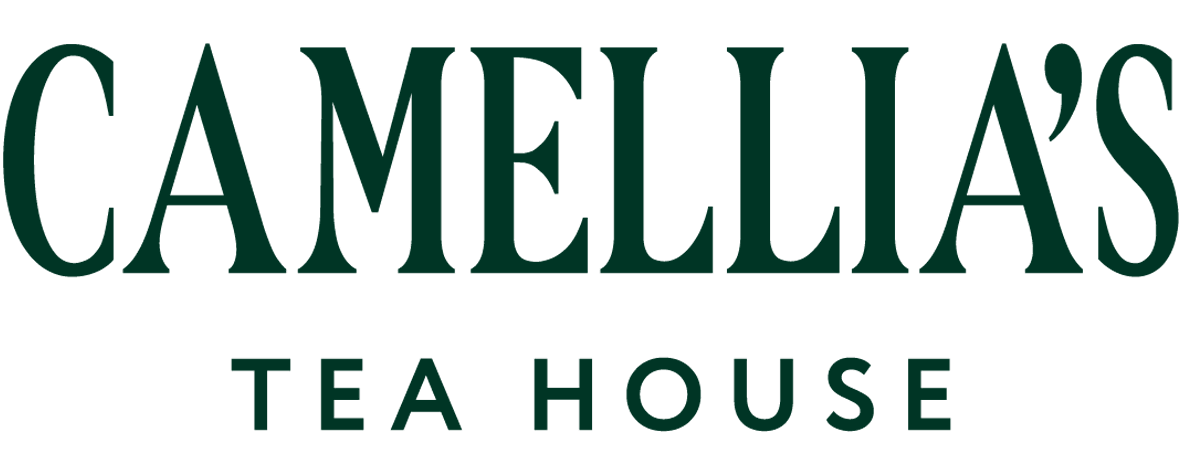






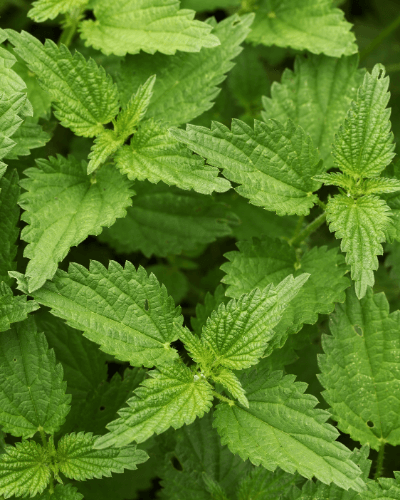
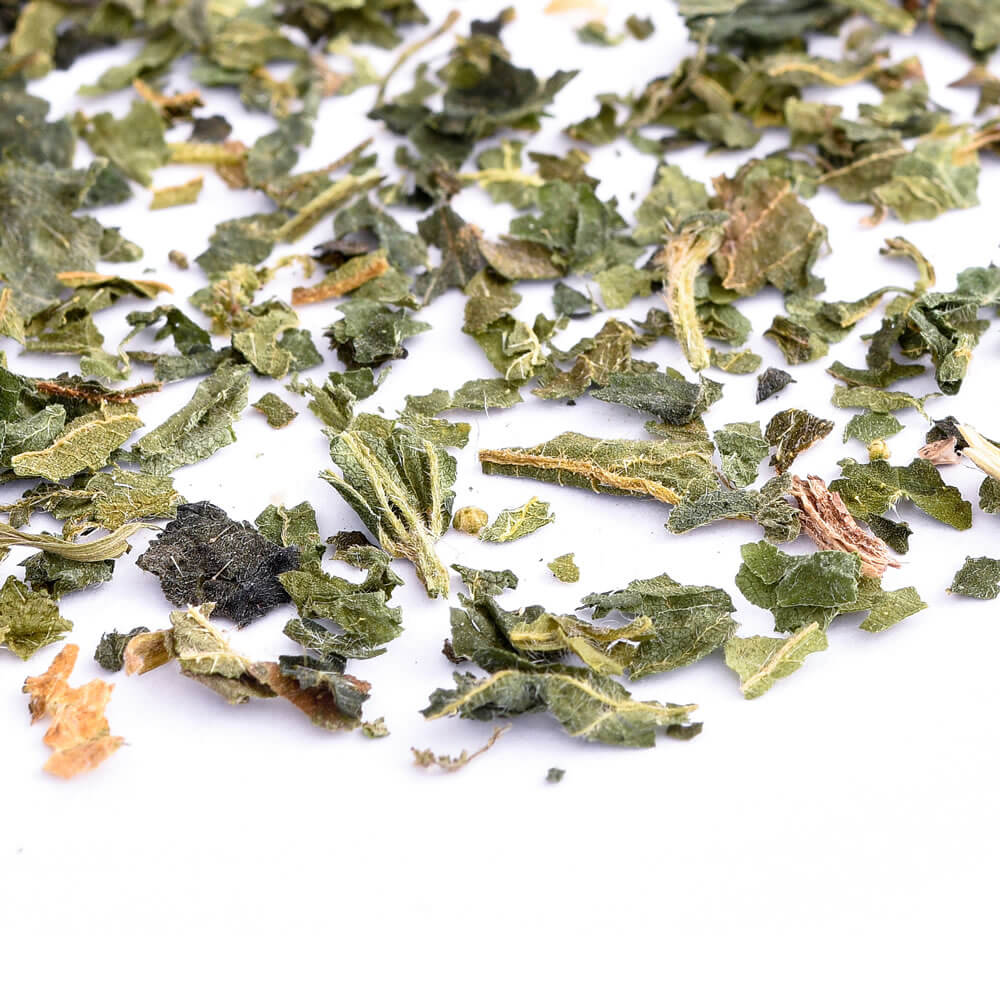
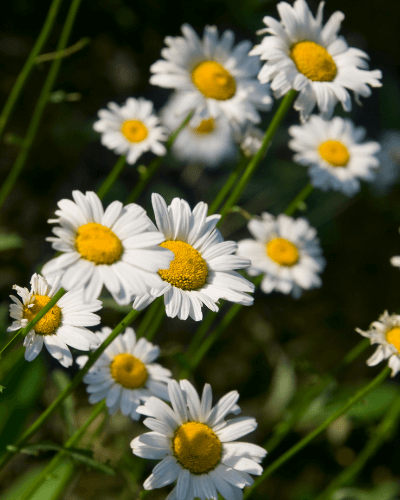
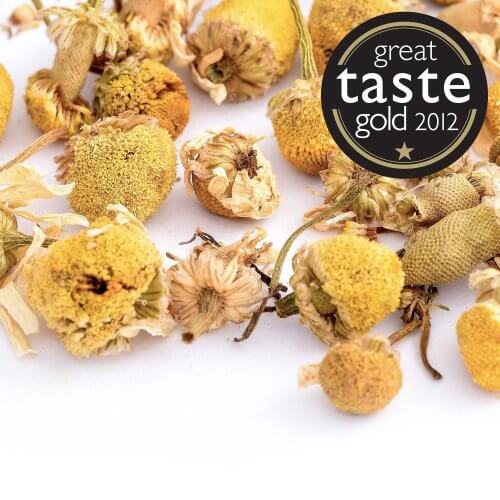
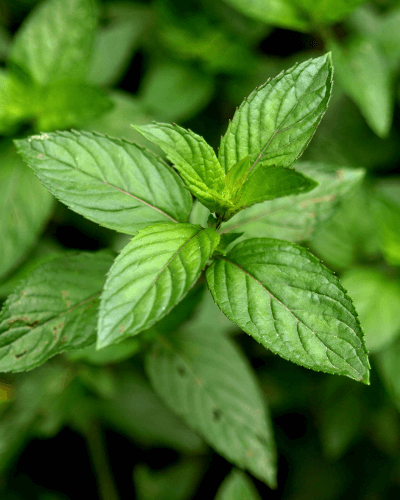
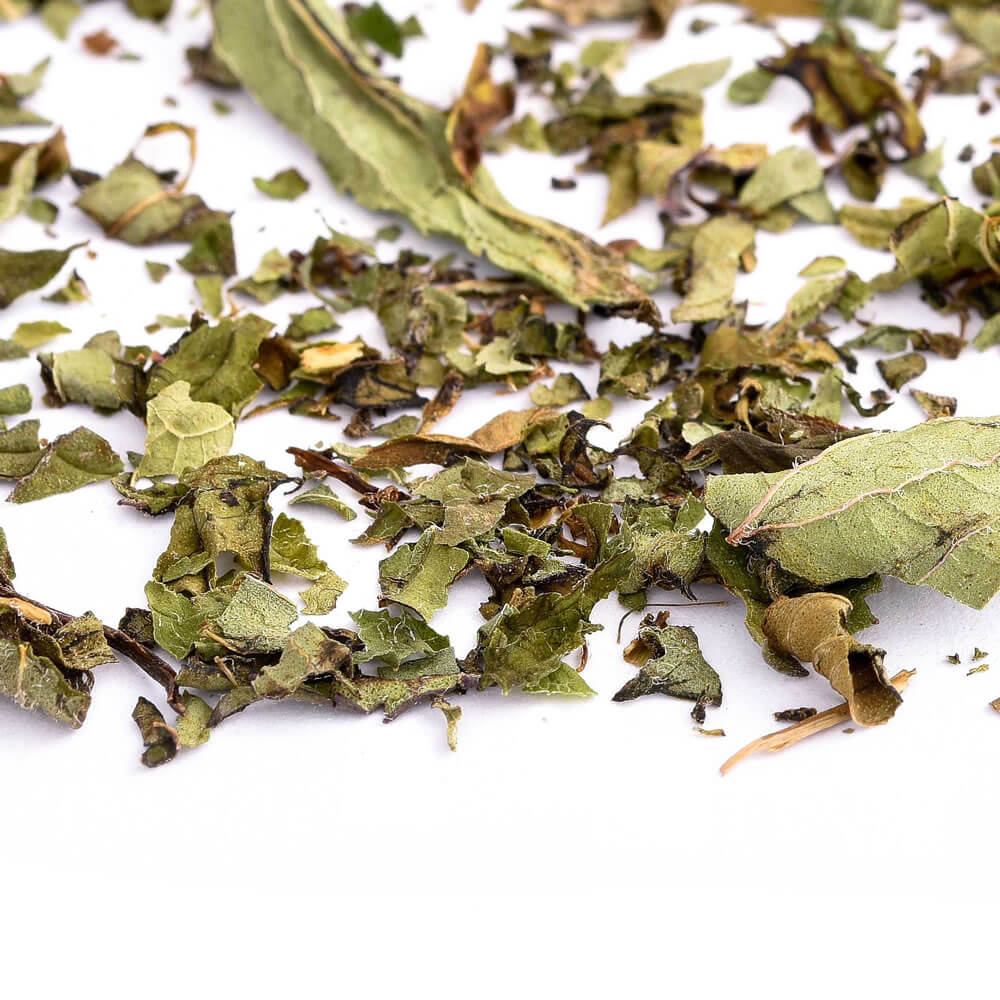
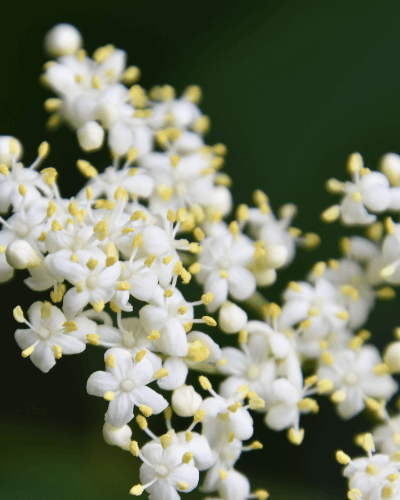
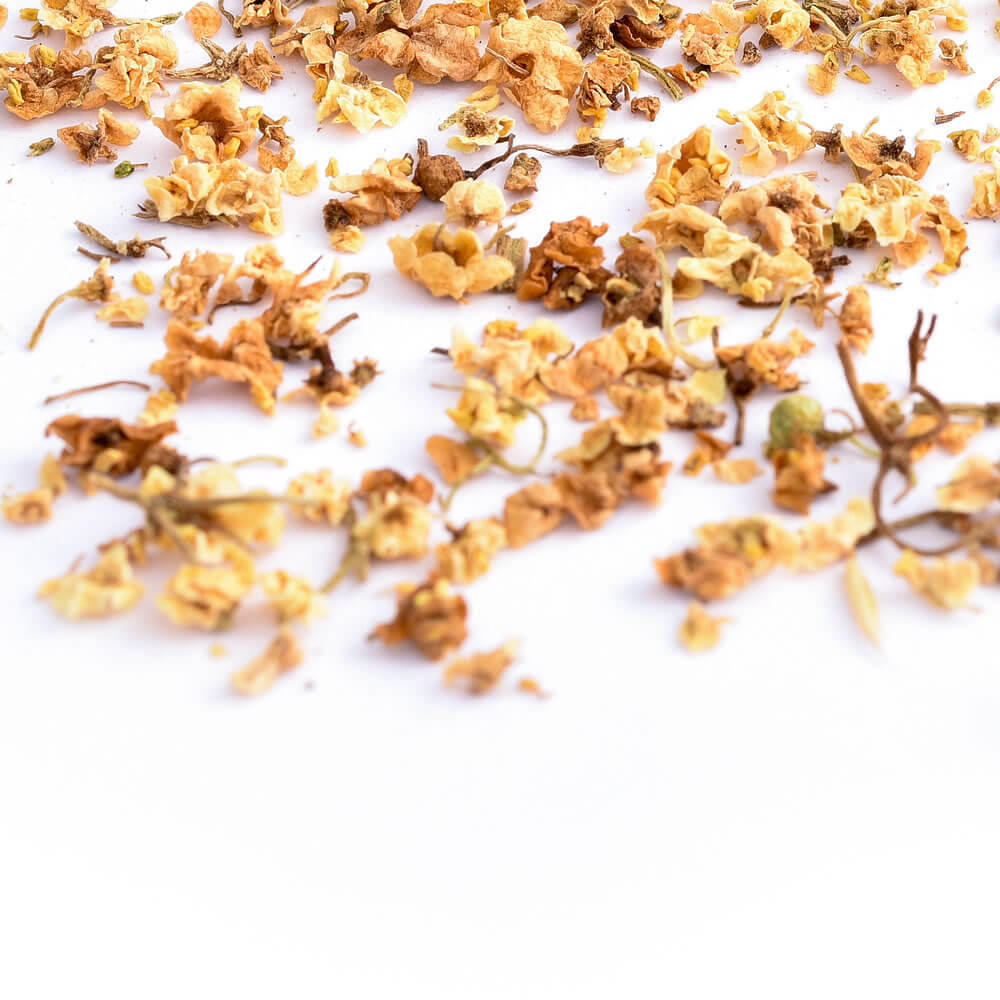
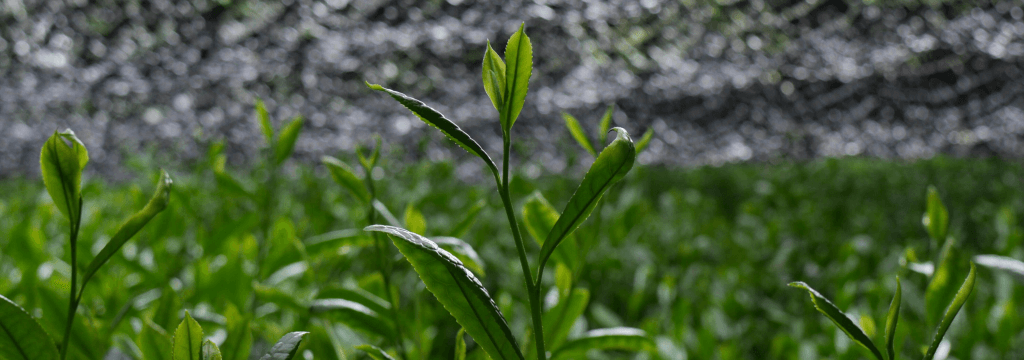
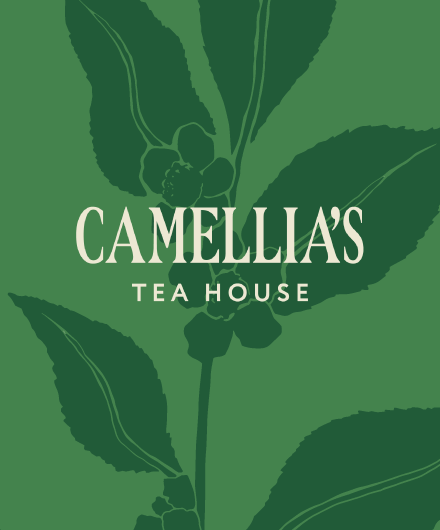
COMMENTS